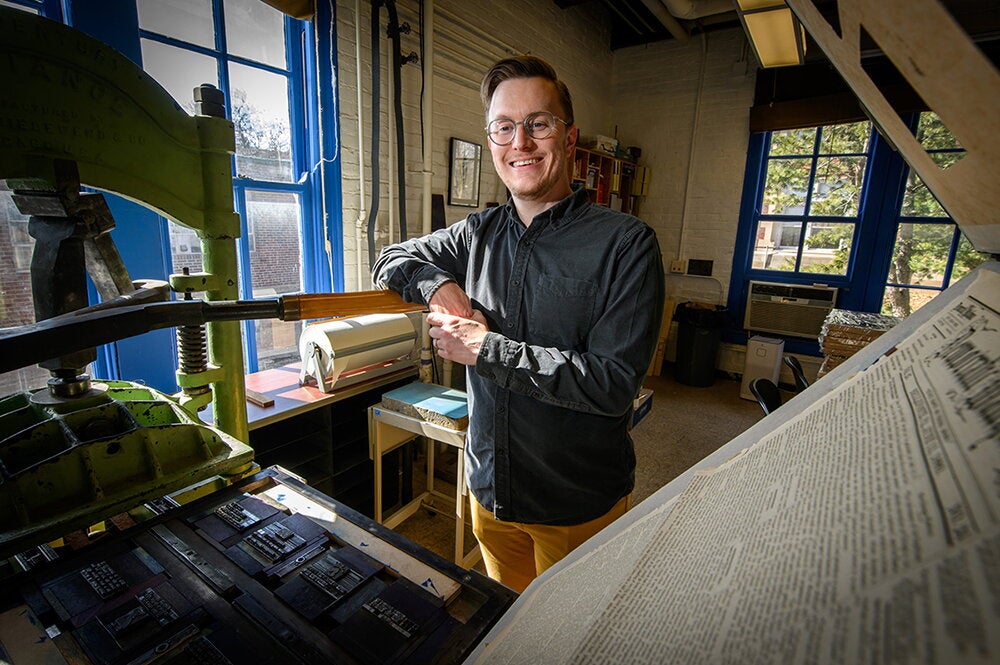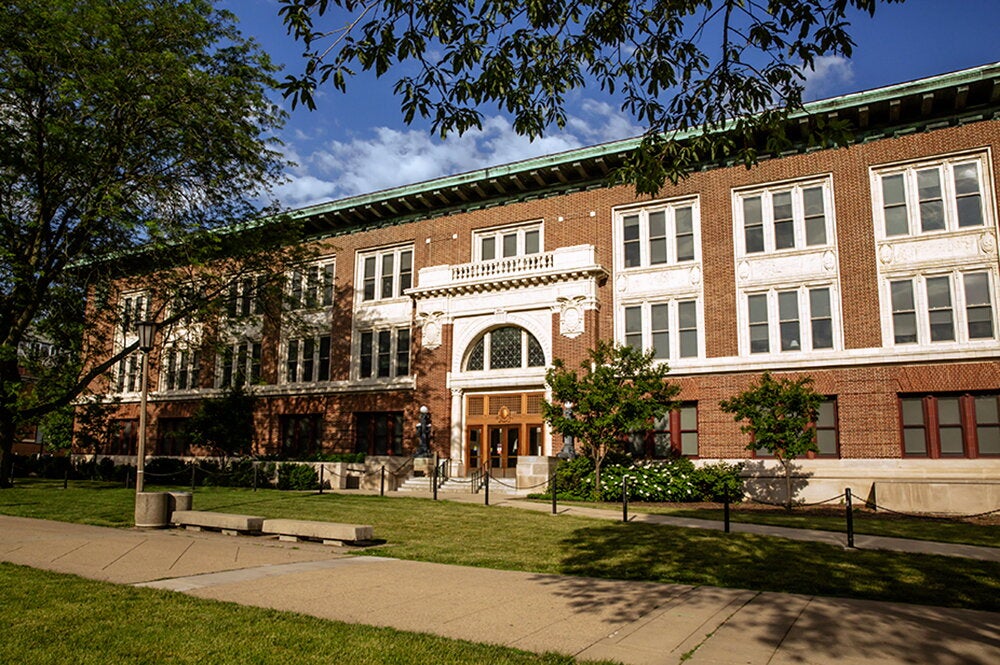

An early Native American writer who has been a largely forgotten figure is entering the canon and getting the recognition she has long deserved.
Research by Robert Dale Parker brings out for the first time the remarkable body of writing of Jane Johnston Schoolcraft and the fascinating story of her life and work.
Jane Johnston Schoolcraft (1800-1842) was an Ojibwe Indian from the Great Lakes Country who wrote prose and verse, and who also collected, translated, and preserved her people's oral stories and legends-the same stories and legends that Henry Wadsworth Longfellow, for one, would later tap for his epic poem "The Song of Hiawatha."
Her writings, most of them in English, some in Ojibwe, and some from as early as 1815, make her the first known American Indian literary writer.
"Jane Schoolcraft offers a history and a specially valuable model of bilingual and multilingual life and writing for American Indians and for American culture and literature at large," says Parker.
Until now, Schoolcraft's husband, the Indian agent Henry Rowe Schoolcraft (1793-1864), has gotten most of the credit for collecting and publishing the Ojibwe stories.
"Henry put a lot of work into gathering it all together, supervising, editing what Jane, her brother William, and many other Indian people contributed. But he did the work in a way that obscured the contributions of Jane and other Indian people," says Parker.
Parker, an English professor at the University of Illinois and an affiliate of its American Indian Studies Program, untangled the complicated, even confounding, literary record to make the case that Jane Schoolcraft collected and wrote many of the stories that would be published in adapted, unattributed versions by her husband three years before she died.
The stories, which Henry published in a book titled Algic Researches, Comprising Inquiries Respecting the Mental Characteristics of the North American Indians, became "a key source for Longfellow's sensationally popular poem 'The Song of Hiawatha,'" Parker says. "Algic" was a conflation of the words "Allegheny" and "Atlantic" and referred to the Native Americans living within that geographical area.
Schoolcraft was born in Sault Ste. Marie in what is now the upper peninsula of Michigan. She spoke Ojibwe and English as well as French. Her father, an Irish-born fur trader, was a book lover who gave his daughter an exceptional education in English.
Her mother was the daughter of a celebrated Ojibwe chief, spoke only Ojibwe, and was a reservoir of Indian heritage. Schoolcraft's parents were civically and socially influential.
Her marriage began joyfully in 1823, but Henry traveled a great deal. There also was tragedy in her lonely life: Her first child died at age 2; another was stillborn.
But Schoolcraft had her writing. Sometimes her poems in manuscript were circulated to people beyond the family. A handful of poems were published after her death.
Henry Schoolcraft, born in central New York State, was a man of "omnivorous intelligence," which included studying and writing about the Ojibwe language. He would become one of the first American ethnographers, but he continued to rely heavily on many others-his wife, mother-in-law, brothers- and sisters-in-law, and many other Indian people he would meet in his travels through Indian lands. Furthermore, his meager acknowledgment of the Johnston family and other Ojibwe collaborators offers only enough credit as he needed to bolster the supposed authenticity of his own work.
When it suited him, Henry "exoticized" Schoolcraft-using her to his benefit, yet often neglecting her. She suffered from many illnesses and eventually grew addicted to laudanum, before dying
suddenly at the age of 42, from unknown causes.
It is ironic, according to Parker, that "few of the people who live their daily lives amid the towns, lakes, rivers, counties, schools, and innumerable businesses across northern Michigan and much of Wisconsin and Minnesota that are named for-and often by-Henry Schoolcraft, or for characters or places in 'The Song of Hiawatha,' know of Jane Schoolcraft, and still fewer have the slightest idea how much the writings of Henry Schoolcraft and Henry Wadsworth Longfellow depended on hers."
The uncovering of her writing and story pen a new chapter in American Indian history and in American literary history.


